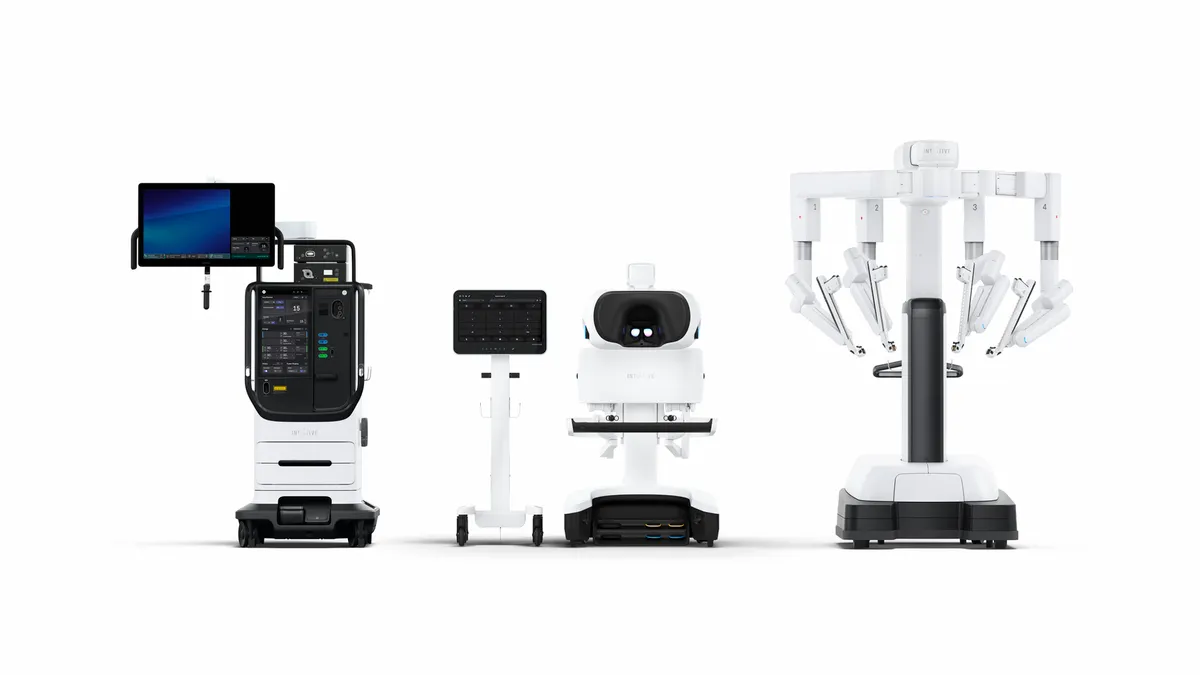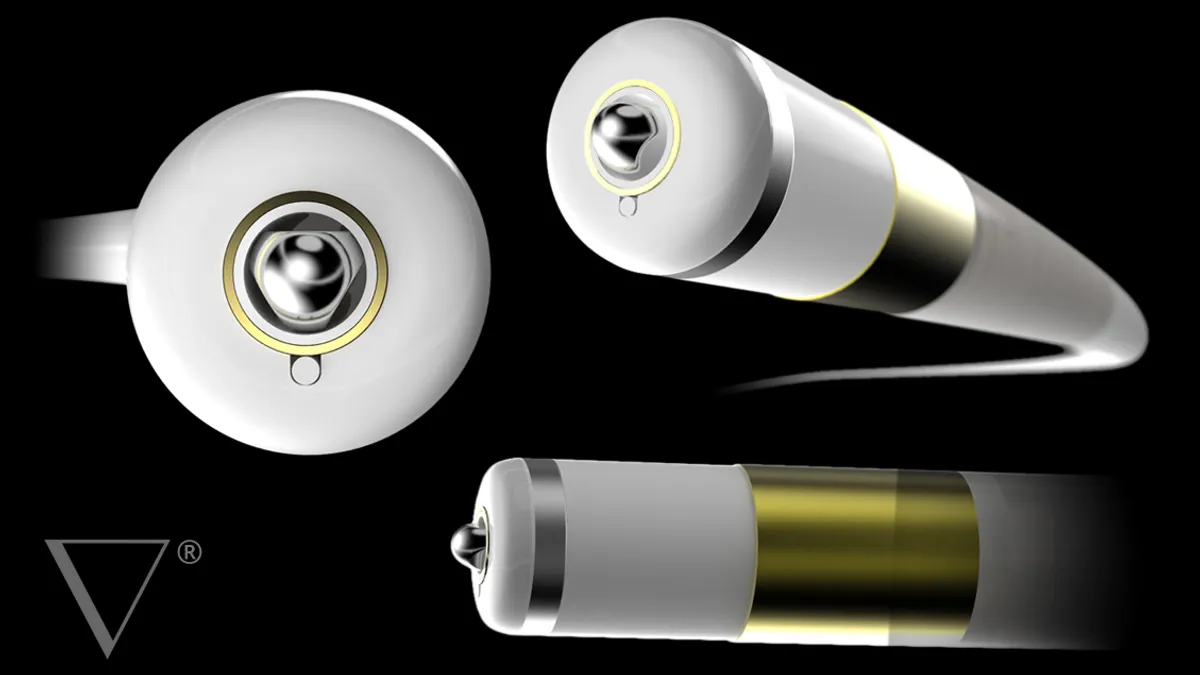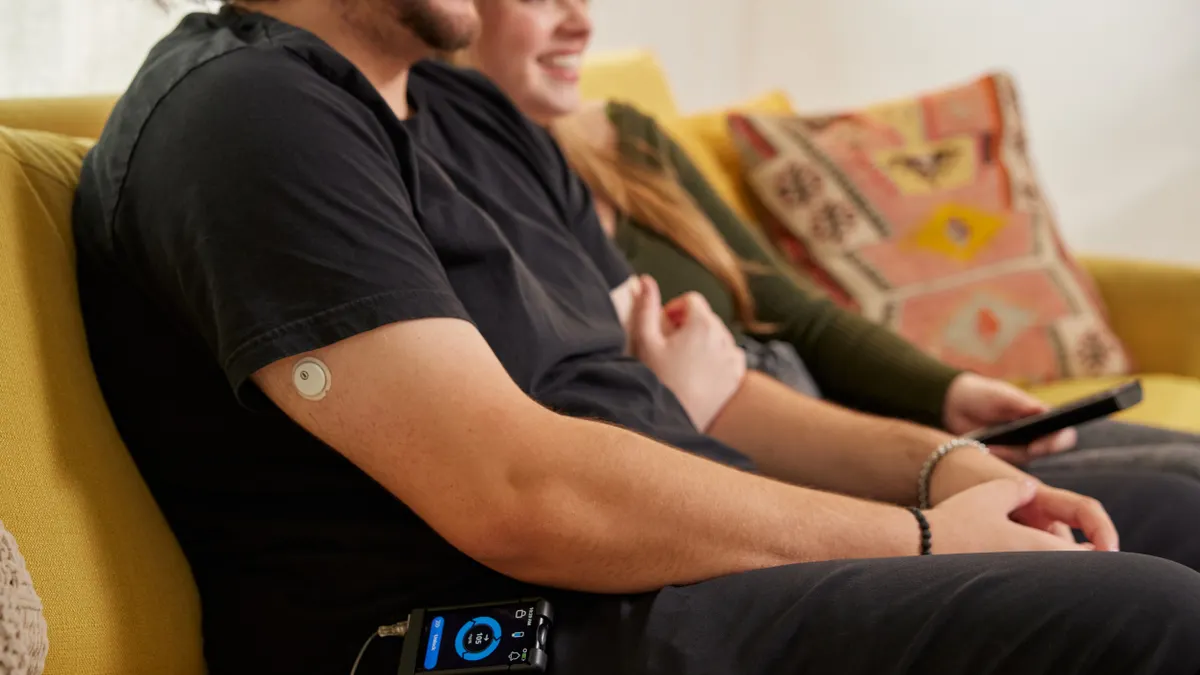Medtronic’s efforts to bring a new, device-based treatment for controlling high blood pressure to the U.S. have met with repeated disappointments over the past decade, and a number of analysts are growing more skeptical about its chances for success.
A surprise negative vote from the Food and Drug Administration advisory committee that reviewed the renal denervation system last week has dampened expectations for U.S. approval and prompted speculation the company could halt its push to commercialize the device if it fails to secure the agency’s backing.
Even if the premarket approval application (PMA) for the Symplicity Spyral system succeeds in getting the agency’s stamp, Medtronic could have a hard time convincing insurers to pay for it, several analysts said in reports after the panel vote.
“The question still remains whether payers will be willing to cover the therapy given the limitations to clinical efficacy relative to pharmaceutical therapies,” BTIG analyst Ryan Zimmerman wrote in a note to clients.
And, while Medtronic has been unable to produce strong enough data on the effectiveness of its device, use of GLP-1 drugs for hypertension management has grown, said Morgan Stanley analyst Patrick Wood.
“Obtaining favorable reimbursement is ultimately key to successful commercialization, and this was always in question after early clinical data,” Wood said in a report.
Medtronic’s device delivers radiofrequency energy to the renal nerves to disrupt overactive signaling in a catheter-based procedure. At the heart of the FDA panel’s debate, the SPYRAL HTN-ON MED pivotal trial comparing the device to a sham treatment failed to meet its primary efficacy endpoint.
Panelists also expressed concern that the SPYRAL HTN-OFF MED study, which showed effectiveness, and Medtronic’s proposed labeling for the device did not make clear which patient subgroups might benefit from the procedure. Seven of 13 advisers voted that the risks of the device outweighed the benefits.
“Given the vote, we think that the FDA is unlikely to approve Symplicity Spyral,” Needham analyst Mike Matson said in a note.
MDT acquired its renal denervation program through the purchase of Ardian in 2011. Its initial pivotal trial, SYMPLICITY HTN-3, failed in 2014.
After the company's “long and costly” attempt to bring the system to market in the U.S., “we expect MDT to abandon RDN if it fails to obtain an FDA approval this time around,” Matson wrote.
Baird analyst David Rescott said it is unclear whether the FDA will accept the panel's recommendation against approval. If the agency rejects Medtronic’s PMA submission, “the device still could be evaluated in clinical trials going forward, but we question whether MDT will pursue these avenues,” Rescott said in a report.
The FDA is not obligated to follow its advisers’ recommendations, but typically does. Medtronic has vowed to keep working with the agency on the device’s submission.
“We look forward to continued discussions with the FDA to address the feedback from the FDA Circulatory System Device Panel. Medtronic continues to believe strongly in the Symplicity Spyral renal denervation system and its potential to help people living with high blood pressure,” Jason Weidman, president of Medtronic’s Coronary & Renal Denervation business, said Friday in an email.
FDA’s advisers voted a day earlier to support Recor Medical’s renal denervation system, which uses ultrasound energy to disrupt nerve signals in the arteries leading to the kidney.
Before Medtronic’s ON MED study results were published last fall, the company was expected to be first to market in the U.S. by a comfortable margin, Wood said. “Recor has clearly since closed the gap, though MDT's ability to develop the RDN market through better-resourced physician education and sales teams could insulate market share in the long term if FDA eventually approves the devices,” he added.
The Society for Cardiovascular Angiography & Interventions, in an emailed statement following the Recor and Medtronic panel votes, said advancements like renal denervation are “imperative to enhancing shared decision-making that can lead to better treatment and outcomes for patients.”
An estimated 1.3 billion people worldwide have hypertension. Despite the availability of medications and advocacy for lifestyle interventions to address the condition, more than half of individuals with high blood pressure do not achieve recommended treatment goals, according to the group.
“Device therapies targeting the renal sympathetic nervous system hold promise as adjuncts to abate or interventions to abolish HTN, depending upon the underlying severity of blood pressure elevation. Appropriate patient selection, pre-procedure evaluation, careful procedural planning and technique, implementation of strict operator training standards and facility requirements are paramount to programmatic success,” the medical society said.
The FDA’s decision on Medtronic’s PMA could come in the next three to four months, analysts said.




















